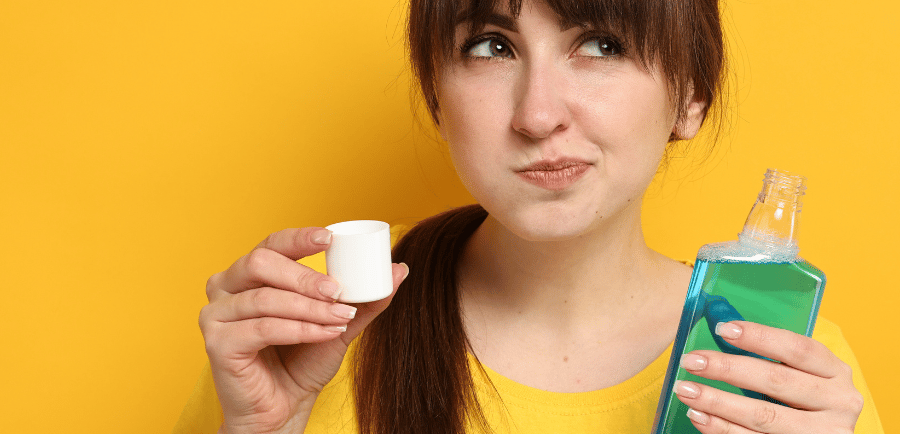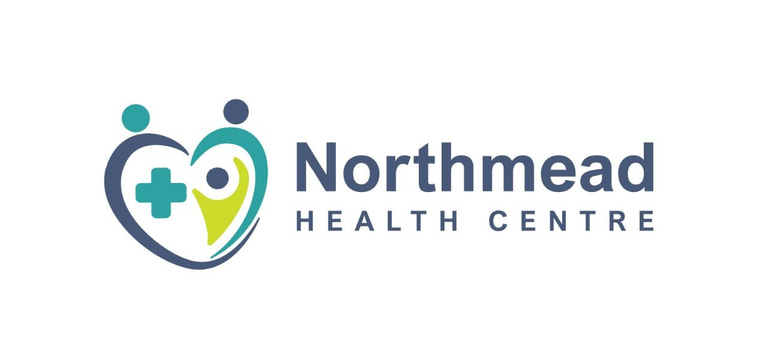Do You Need Mouthwash or Not?
That refreshing swish after brushing – it’s a staple for many, promising fresh breath and an extra layer of clean.
8/11/20253 min read


Do You Need Mouthwash or Not? Dentists Weigh In
That refreshing swish after brushing – it’s a staple for many, promising fresh breath and an extra layer of clean. But is mouthwash truly a necessary component of your daily oral hygiene routine, or is it more of a “nice-to-have”? We’ve consulted with dental professionals to get the definitive answer on whether you really need mouthwash.
The world of oral care is filled with options, and mouthwash often sits squarely in the middle of a debate. Let’s dive into what dentists have to say about this popular rinse.
The Core of Oral Hygiene: Brushing and Flossing Remain King
Before we talk about mouthwash, it’s crucial to understand that brushing twice a day with fluoride toothpaste and daily flossing are the undisputed champions of good oral health. These mechanical actions physically remove plaque, food particles, and bacteria from your teeth and gum line – something mouthwash simply can’t do on its own.
Think of it this way: mouthwash is like the final polish, not the deep clean.
So, When Do Dentists Recommend Mouthwash?
While not universally necessary for everyone, many dentists agree that mouthwash can be a valuable adjunct to your routine, especially for specific needs. Here’s when a podiatrist might recommend it:
Extra Protection Against Cavities: If you’re prone to cavities or have a high risk of tooth decay, a fluoride mouthwash can offer an extra layer of defense. Fluoride helps strengthen tooth enamel, making it more resistant to acid attacks from bacteria.
Battling Bad Breath (Halitosis): For persistent bad breath, beyond what brushing and flossing can address, an antiseptic mouthwash can help. These rinses contain ingredients that kill bacteria contributing to unpleasant odors. However, it’s vital to address the underlying cause of bad breath with your dentist, as it can sometimes signal a more serious issue.
Reducing Plaque and Gingivitis: Certain therapeutic mouthwashes with antimicrobial ingredients (like chlorhexidine or essential oils) can help reduce plaque buildup and combat gingivitis (early gum disease). These are often recommended for individuals who struggle with thorough brushing and flossing due to dexterity issues or specific oral health concerns.
Post-Surgical Care: Following certain dental procedures, a dentist might prescribe or recommend a specific mouthwash (often chlorhexidine-based) for short-term use. This helps to reduce bacteria when brushing might be difficult and promotes healing.
Dry Mouth (Xerostomia): Some mouthwashes are specifically formulated to help alleviate dry mouth symptoms, which can contribute to an increased risk of cavities and discomfort. These often contain enzymes that improve oral hydration.
The “When Not To” and Considerations:
It’s not just about when to use mouthwash, but also how and which type. Dentists often caution against:
Using it Immediately After Brushing: If you’re using a fluoride toothpaste, rinsing immediately with mouthwash can wash away the concentrated fluoride, reducing its protective benefits. It’s generally recommended to wait at least 30 minutes after brushing before using mouthwash.
Alcohol Content: Many traditional mouthwashes contain alcohol, which can be drying and irritating, especially for those with sensitive gums or dry mouth. Alcohol-free options are widely available and often preferred by dentists.
Masking Serious Problems: Mouthwash can temporarily freshen breath or alleviate symptoms, but it should never be used to mask underlying dental issues like gum disease or tooth decay. These require professional diagnosis and treatment.
Not a Substitute for Brushing and Flossing: This cannot be stressed enough. Mouthwash is a supplement, not a replacement.
Types of Mouthwash: A Quick Guide
Cosmetic Mouthwash: Primarily for fresh breath, often containing flavouring agents. Does not offer therapeutic benefits for plaque or gum disease.
Fluoride Mouthwash: Contains fluoride to strengthen enamel and prevent cavities. Excellent for cavity-prone individuals.
Antiseptic/Therapeutic Mouthwash: Contains active ingredients to kill bacteria, reduce plaque, and combat gingivitis. Look for ingredients like chlorhexidine (often prescription-strength), essential oils, or cetylpyridinium chloride (CPC).
Whitening Mouthwash: Contains peroxide or other whitening agents to help remove surface stains. While they can contribute to a brighter smile, they won’t replace professional whitening.
Dry Mouth Mouthwash: Formulated to soothe and moisturize the mouth for those with xerostomia.
The Verdict: Consult Your Dentist
Ultimately, the decision of whether or not you need mouthwash, and which type, is best made in consultation with your dentist. They can assess your individual oral health needs, identify any specific concerns, and recommend a product that will genuinely benefit your smile.
Don’t just grab the first bottle you see on the shelf. Have a chat with your dental professional to ensure your mouthwash choice is truly contributing to a healthier, happier mouth.

